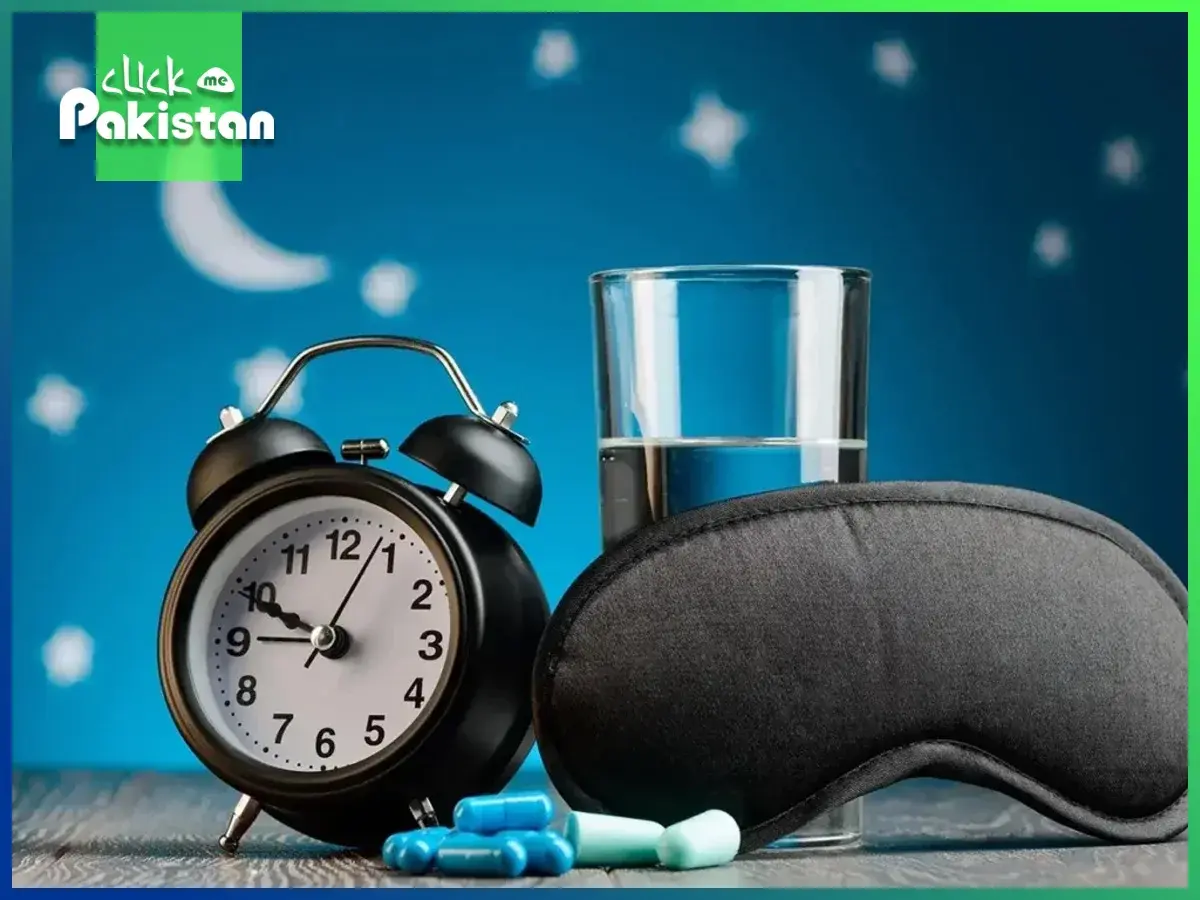If there is one thing that we all struggle with is sleep. Sleep is something that we all struggle with. Because the kind of lifestyle we have, the kind of world we live in and the everyday struggle, it indeed adds up to our sleep struggle and further deteriorates our sleep. Embarking on a journey toward better sleep isn’t just about counting sheep- it’s about mastering the art of sleep hygiene. But what is health hygiene? Let’s dive into exploring what health hygiene is and how we can move towards optimal sleep health.
Understanding Sleep Hygiene
Sleep hygiene refers to a set of practices and habits that are conducive to getting a good night. These practices are aimed at promoting healthy and consistent sleep patterns, improving sleep quality, and sleep disorders. Good sleep hygiene involves adopting behaviors and creating an environment that supports restful and uninterrupted sleep. Hence, it is important to develop good hygiene.
Sleep hygiene And It’s Importance

So, why do we need sleep hygiene anyway? Those who spent a few hours of sleep very well know the importance of sleep. Obtaining healthy sleep is important for both physical and mental health, improving your productivity and overall quality of sleep quality.
Research has demonstrated that forming good habits is a central part of health. Crafting sustainable and beneficial routines makes healthy behaviours feel almost automatic, creating an ongoing process of positive reinforcement.
Thus, it is important to know that sleep hygiene encompasses both environment and habits, and it can pave the way for higher quality sleep and better overall health.
Factors That Affect Sleep Hygiene
A variety of factors affect the quality of your sleep. Lifestyle choices, such as unhealthy diet, lack of exercise, and substance abuse, can negatively impact sleep quality and cycle. Additionally, irregular working hours or shift work can disrupt the body’s circadian rhythm and can lead to many health problems.
Stressful events or ongoing anxiety can cause many health problems, such as difficulty falling asleep or waking up frequently at night. Many environmental factors for instance, noise, temperature, and lightning in the sleeping environment can affect your sleep quality.
Thus, identifying these factors is crucial to ensure good sleep hygiene to promote healthy sleeping habits.
How To Have A Good Sleep Hygiene?
There are several ways in which you can improve your sleep cycle and develop good sleep hygiene. These steps are very important. These include;
1.Stick To A Sleep Schedule
Have a fixed wake-up time: Regardless of whether it is a weekday or weekend, try to wake up on time and try to be consistent with your routine.
- Prioritize Sleep: It might be tempting to skip sleep for work or study, but ti must think and consider the many consequences of not sleeping well and on time.
- Make Gradual Adjustments: If you want to shift your sleep times, don’t try to do it all in one fell swoop because that can throw your schedule out of work. Instead, what’s best is to make gradual and small changes. Take it easy and settle into a new schedule.
- Don’t Overdo It With Naps: Naps can be a handy way to regain energy during the day, but they can throw off sleep at night. To do this, try to keep naps relatively short and limited to early afternoon.
Follow A Night Routine

#NightRoutine
- Keep Your Routine Consistent: Following the same steps each night, including things like putting on your pyjama and brushing your teeth, can reinforce in your mind that you have to sleep and thus sleep early.
- Budget 30 Minutes Before Winding Down: Take advantage of whatever puts you in a state of calm, such as soft music, light stretching and relaxation exercises.
- Dim Your Lights: Try to keep away from bright lights because they can under the production of melatonin, a very essential hormone that the body produces to facilitate sleep.
- Don’t Toss and Turn: It helps to have a healthy mental connection between being in bed and being asleep. Therefore, for that reason, if after 20 minutes you haven’t gotten sleep, get up and stretch, read or do something else calming in low light before you try to fall asleep.
Cultivate Healthy Habits
- Get Daylight Exposure: Light especially sunlight, is one of the key drivers of circadian rhythms that can encourage healthy sleep.
- Be Physically Active: Regular exercise can make it easier to fall asleep, besides, it has many benefits for your mental health and it can lead to a calm and relaxed mood as well.
- Don’t Smoke: Nicotine stimulates the body in ways that disrupt sleep, which helps explain why smoking is connected to numerous sleeping problems
- Don’t Dine Late: Eating dinner late, especially if it’s a big, heavy, or spicy meal, can mean you are still digesting when it’s time for bed. In general, any food or snacks before bed should be on the lighter side of the bed.
Conclusion:
Good sleep hygiene is very important for your health and it affects your overall day. Sleep well.
Read our Article: Mental Health, A Growing Pandemic
Read our Article: Sleep Training Methods For Babies









